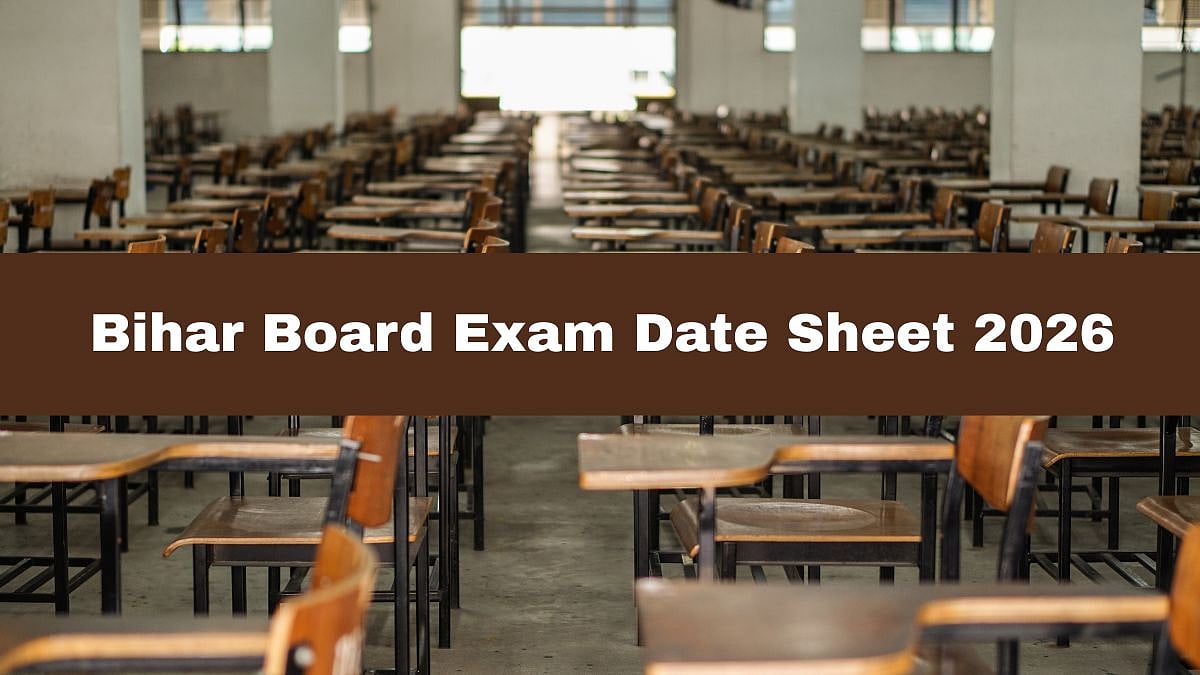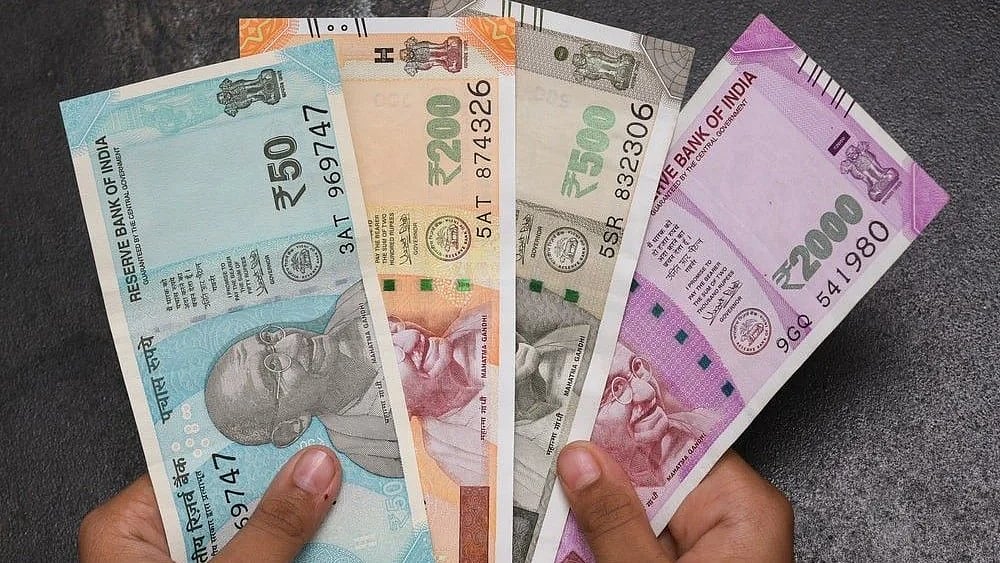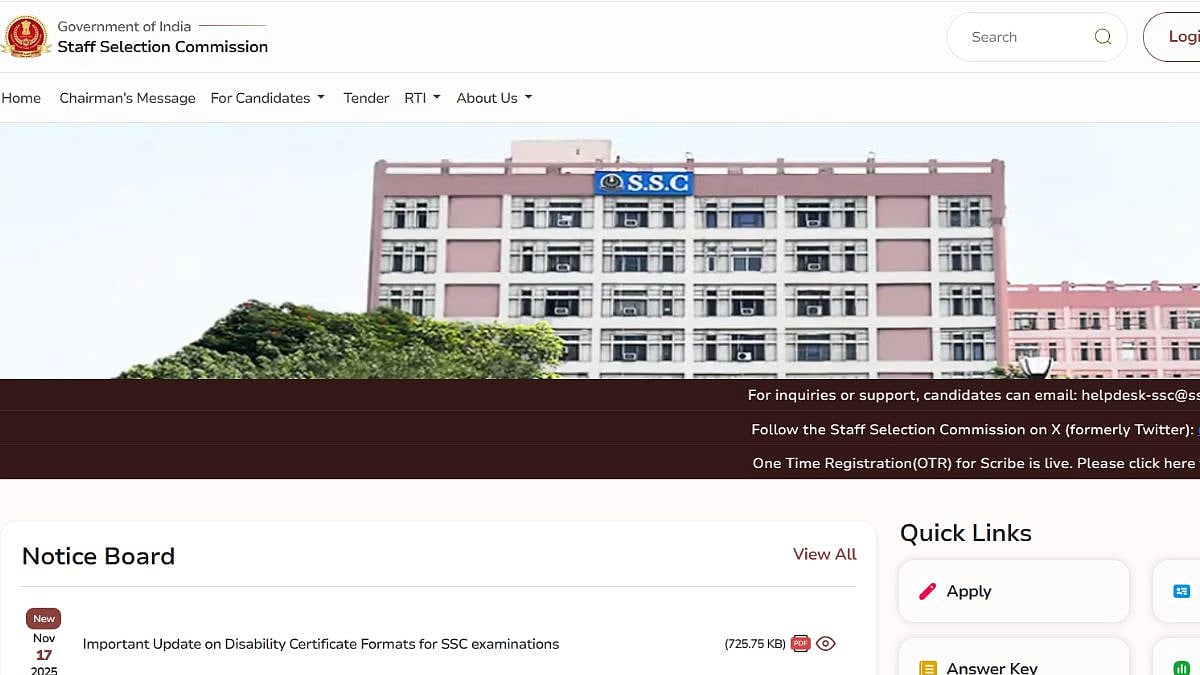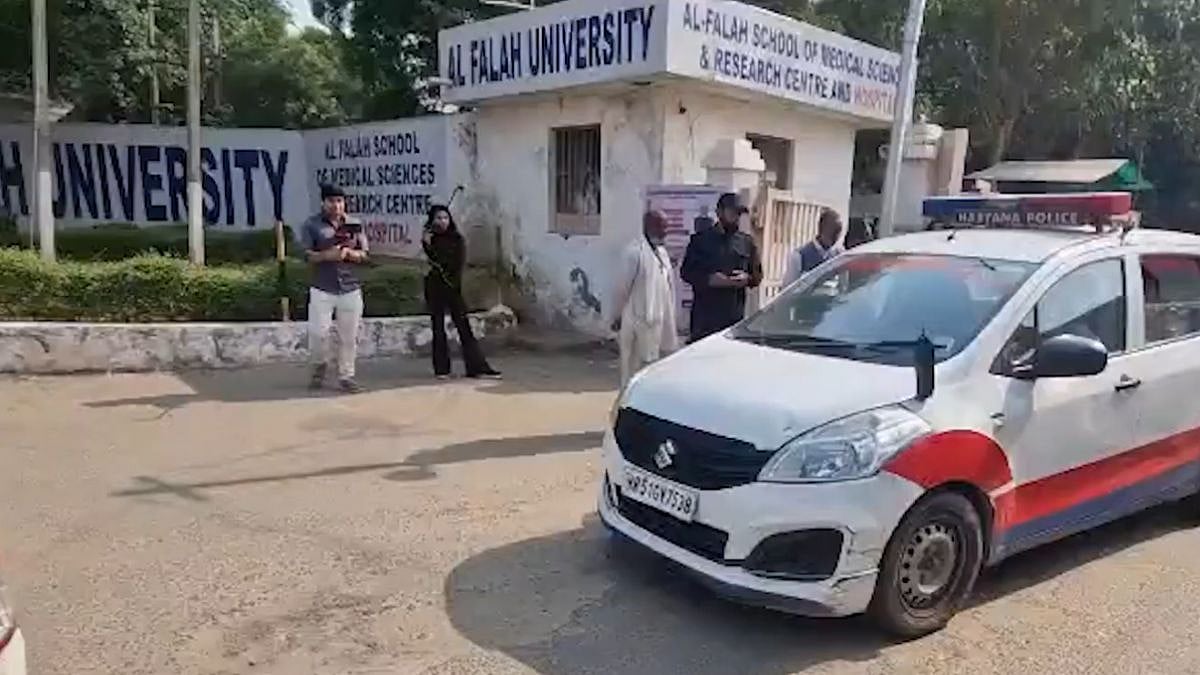The Directorate of Medical Education and Research (DMER) has been instructed by the Bombay High Court to review the pleas submitted by 26 MBBS students in the open category seeking tuition reimbursement. The students argued that they would have been admitted to government medical colleges and avoided paying expensive tuition to private universities if quotas had not been implemented by a Government Resolution (GR) dated September 20, 2019.
The DMER was instructed by the division bench of Justices Nitin Jamdar and Manjusha Deshpande to review each of the 26 instances and issue reasoned orders in a timeframe of six weeks. The 26 students filed a petition with the high court in August 2020, claiming that the medical education department's 2019 GR, which included reservations for Socially and Educationally Backward Classes (SEBC) and Economically Weaker Sections (EWS), had an impact on them. Financial aid was also provided by the GR to open category students who were impacted by the SEBC and EWS quotas.
Students' Arguments
The students argued that the two quotas' implementation had compelled them to enroll in private, unaided medical colleges, and as a result, they should be compensated for their tuition costs.
On November 11, the high court bench issued the ruling after observing that the medical education administration had failed to provide explicit explanations for the 26 petitioners' pleas being denied.
Court's Verdict
"The only document we have is a completely inadequate response affidavit that only provides the conclusion and does not address specific cases," the bench stated. It further stated, "If such an approach is adopted, it will defeat the State's beneficial policy."
The government ought to have used some objective standards, the court ruled, before declaring the petitioners ineligible. It requested that DMER evaluate each case to determine whether the introduction of reservations for SEBC and EWS had an impact on it, and if not, to provide the rationale behind that determination.









